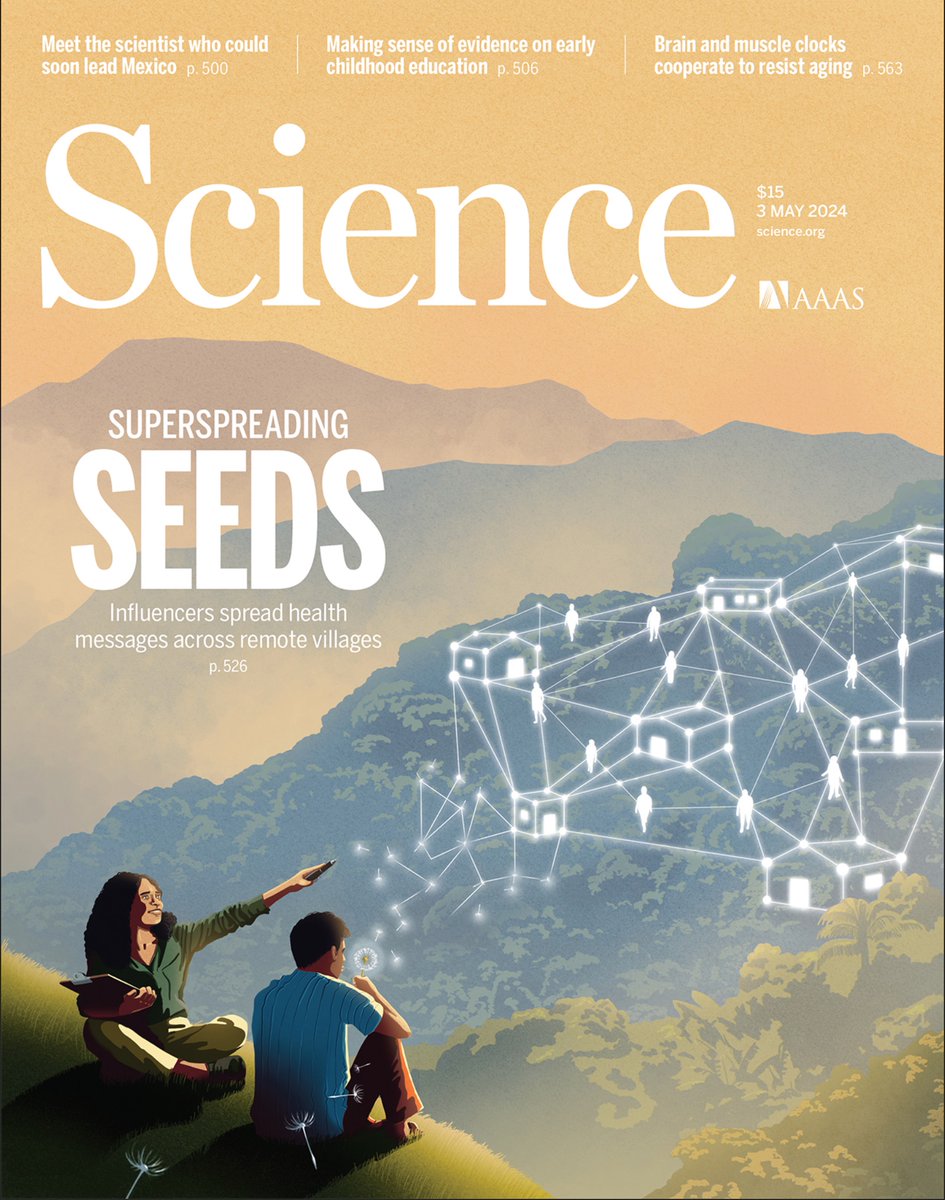Disturbing prospective cohort study re the basic public health intervention of fluoridating water: “maternal exposure to higher levels of fluoride in pregnancy was associated with lower IQ scores in children aged 3-4 yrs.” jamanetwork.com/journals/jamap… | @JAMAPediatrics @DAChristakis
Editor of @JAMAPediatrics (my brother @DAChristakis) briefly explains the tough decision to publish this story showing one potential harm of prenatal fluoride exposure (which went against everything he, and I, were taught in public health school): jamanetwork.com/journals/jamap…
And here is more editorial comment on the study in @JAMAPediatrics showing a non-trivial (at individual or population level) decline in IQ with prenatal fluoride exposure (which has also been seen in some animal studies and one other human study). jamanetwork.com/journals/jamap…
A host of (critical) comments on the study suggesting a possible link between prenatal fluoride exposure and IQ at age 3-4. sciencemediacentre.org/expert-reactio…
Here is a 2012 meta-analysis (I didn’t know that some think fluoride may be a neurotoxin) that concludes “children in high-fluoride areas had significantly lower IQ scores than those who lived in low-fluoride areas” (with obviously tough causal inference). ehp.niehs.nih.gov/doi/10.1289/eh…
And here is coverage in @sciencemagazine of @JAMAPediatrics article on prenatal fluoride exposure and early IQ: sciencemag.org/news/2019/08/d…
• • •
Missing some Tweet in this thread? You can try to
force a refresh













